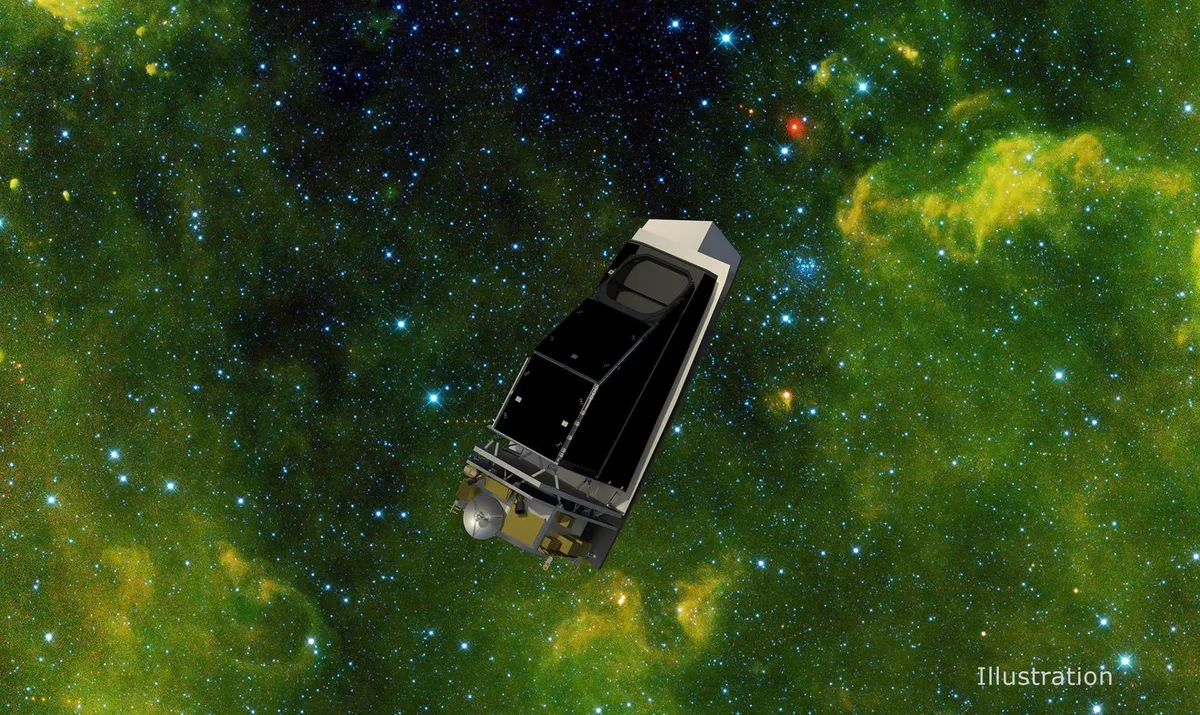
On May 15, a significant hearing by the House Science Committee’s space subcommittee focused on how NASA is addressing the potential threat of asteroid impacts. However, the discussions soon shifted to a pressing concern regarding the impact of proposed NASA budget cuts. The hearing primarily aimed to evaluate NASA’s initiatives in discovering and tracking potentially hazardous asteroids, a field known as planetary defense.
Nasa has requested $276.6 million for planetary defense in its fiscal year 2025 budget proposal, which represents just over 1% of the agency’s total budget. A significant portion of this funding is earmarked for the Near Earth Object (NEO) Surveyor mission, an advanced infrared space telescope intended to enhance the search for asteroids more effectively than traditional ground-based telescopes.
While the investment in planetary defense is relatively modest compared to NASA’s overall budget, its importance has gained considerable attention. Earlier this year, an asteroid designated as 2024 YR4 briefly posed a 3% chance of colliding with Earth in 2032. However, subsequent observations have since mitigated concerns regarding this potential impact. “Planetary defense is one of the most important objectives” of NASA, asserted Rep. Mike Haridopolos (R-Fla.), chairman of the subcommittee. He highlighted a recent survey conducted by the Pew Research Center, which revealed that planetary defense is considered the highest priority among American citizens.
During the hearing, there was little contention about NASA’s planetary defense initiatives. However, Democratic members expressed alarm over proposed cuts to NASA’s science program in the White House’s fiscal year 2026 budget proposal. “This budget, if enacted, would strip away NASA’s storied leadership, disrupt decades of progress in U.S. space exploration, and cripple the agency’s ability to pursue bold and ambitious goals going forward,” warned Rep. Valerie Foushee (D-N.C.), ranking member of the subcommittee.
Rep. Zoe Lofgren (D-Calif.), also the ranking member of the full committee, raised critical questions about the collaboration necessary for effective planetary defense, which involves various agencies, including the National Science Foundation and the Federal Emergency Management Agency. “Will anyone be home to answer the call if a NEO were found to be on a trajectory headed towards Earth?” she questioned, emphasizing the urgent need for adequate funding.
Representatives received limited insights into how the proposed budget cuts would affect NASA's science initiatives. Nicky Fox, NASA’s associate administrator for science, mentioned that she had only received the “skinny” budget framework released by the Office of Management and Budget on May 2, which indicated a 24% reduction in overall NASA spending from 2025 levels. “We have not seen any details on the missions or any direction on the missions other than the Mars Sample Return program and Landsat Next,” Fox stated.
Notably, the skinny budget called for the cancellation of the Mars Sample Return mission and the restructuring of Landsat Next, without addressing the fate of other critical science missions, including NEO Surveyor. Fox and other witnesses noted that they were awaiting the full president’s budget to understand which missions would receive support.
Despite the uncertainties, Fox and Amy Mainzer, a professor at the University of California Los Angeles and mission lead for NEO Surveyor, reported that progress on the mission remains positive. The mission is still on track for a launch no later than June 2028, with the potential for an earlier launch in the fall of 2027. “We have not seen the details of the budget yet and how it might affect the mission,” Mainzer remarked. “From my perspective, we do not know the impact yet.”
Additionally, representatives inquired about NASA's funding for research. Traditionally, NASA issues an annual call for grant proposals known as Research Opportunities in Space and Earth Science (ROSES) every February. However, the latest solicitation is currently three months overdue. Fox revealed, “I made the decision to pause the ROSES,” attributing the delay to uncertainties surrounding funding levels in the fiscal year 2026 budget proposal. She expressed hope that the final edits for ROSES would be completed and released by the end of the month.
As discussions continue, the future of NASA's planetary defense initiatives and science funding remains uncertain, emphasizing the critical need for robust support in maintaining the nation's leadership in space exploration and safety.